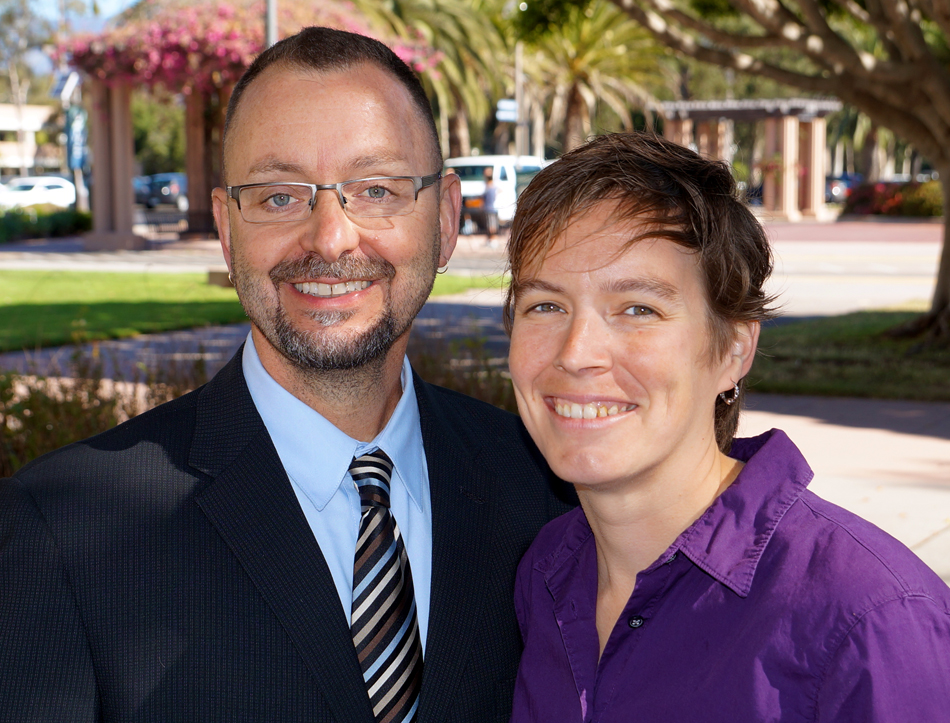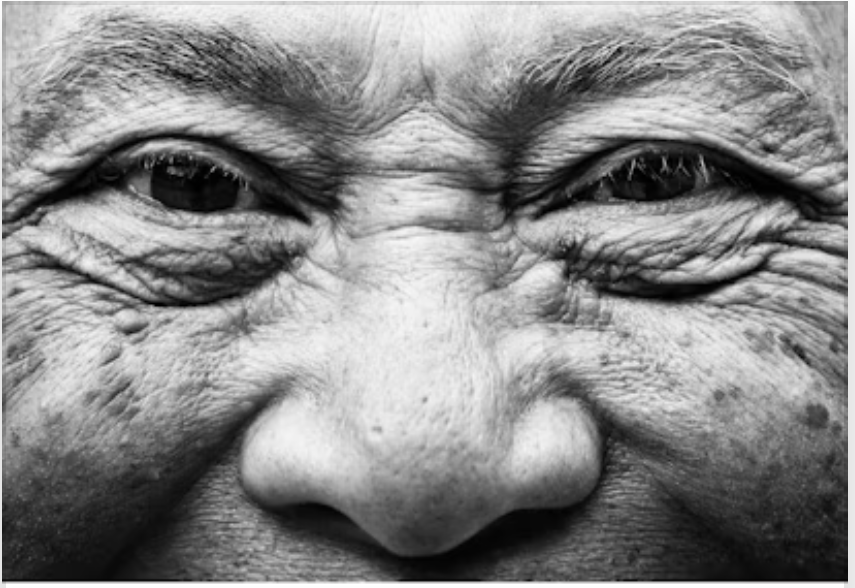
UCSB Sociology and Political Science Scholars Analyze Supreme Court Rulings on Same-Sex Marriage
With this morning's landmark Supreme Court rulings –– and Gov. Jerry Brown's announcement that county clerks will soon begin issuing marriage licenses to same-sex couples –– California becomes the 13th state to legalize same-sex marriage.
In addition, the court's decision to overturn a key provision of the Defense of Marriage Act will give legally married same-sex couples the same federal protections and benefits accorded heterosexual couples.
"Today's Supreme Court rulings are a huge win for gay and lesbian rights," said Verta Taylor, professor of sociology at UC Santa Barbara. "It is a watershed moment in the history of gay rights that will affect the lives of hundreds of thousands of same-sex couples and families."
In a 5-4 vote, the Supreme Court invalidated the Defense of Marriage Act on the grounds that it violated the Fifth Amendment's protection of equal liberty. Passed by Congress and signed into law by President Clinton in 1996, the Defense of Marriage act is a provision that, for purposes of federal benefits, defines marriage as a legal union between one man and one woman.
"DOMA's principal effect," Justice Anthony Kennedy wrote in the majority opinion, "is to identify a subset of state-sanctioned marriages and make them unequal."
According to Gayle Binion, a professor emeritus of political science at UCSB, the majority voted as she and other scholars expected they would. "The question the court was willing to ask was whether the U.S. government has any justification other than animus toward marriage between gays to distinguish among those state-recognized marriages it does honor and those it does not," she said.
"By taking this approach," she continued, "the court did not have to rule on whether gay marriage is itself a constitutionally protected right –– only that distinguishing among those the states have authorized to marry does not serve a legitimate governmental interest."
Regarding the challenge to Proposition 8, California's ban on gay marriage, which was approved by voters in 2008, the court said it couldn't rule because the supporters of the ban lacked legal standing to appeal the lower court's decision against it. "The Supreme Court hasn't ruled that Prop 8 constitutes a discriminatory practice," said Michael D. Bourgeois, who recently completed his doctorate in sociology at UCSB. "It just says the proponents who brought it to the court had no standing to do so."
According to Taylor, the two rulings will undoubtedly pave the way for same-sex marriage in the 38 states where it is currently illegal. "Several other states have moved or are poised to legalize same-sex marriage in the coming months," she said. "The court's ruling that the defenders of Proposition 8 have no legal standing, together with its ruling that DOMA violates the equal protection clause of the United States Constitution, will likely make it more difficult for similar challenges to prevail in other states."
"It's a very federalist decision," Anna Sorensen, a UCSB graduate student currently working on her Ph.D. in sociology, said of the Proposition 8 ruling. "The Supreme Court gave no inkling that [same-sex marriage] should be a right. It's strictly a states-rights ruling."
While neither Supreme Court decision established same-sex marriage as a constitutionally protected right across the country, each represents a huge victory, noted Bourgeois. "For the first time in history, same-sex marriages in states where it's legal must be recognized by the federal government."
† Top image: Michael D. Bourgeois, left, recently completed his doctorate in sociology at UCSB, while Anna Sorensen is currently working on her Ph.D. in sociology.
Credit: George Foulsham



